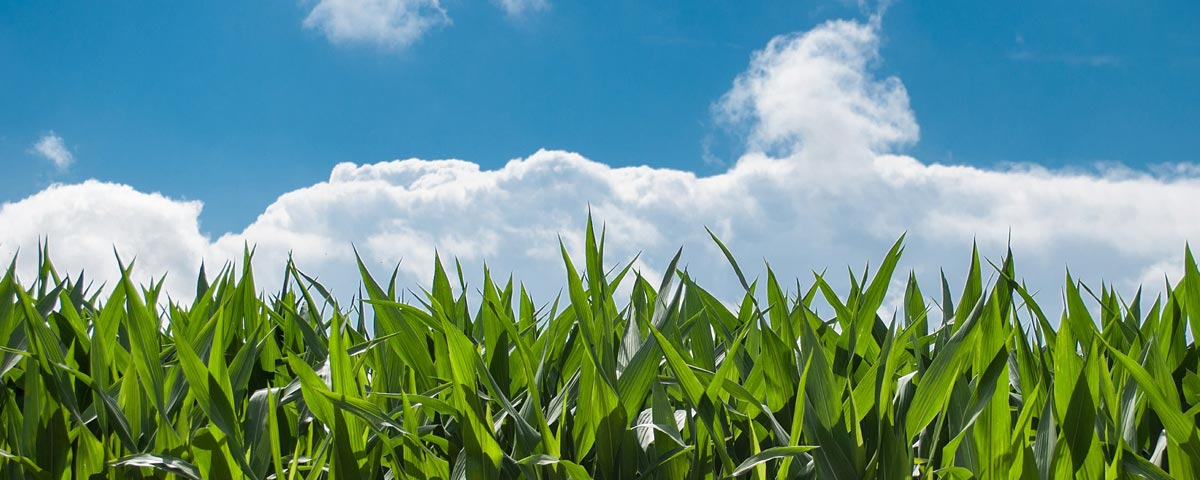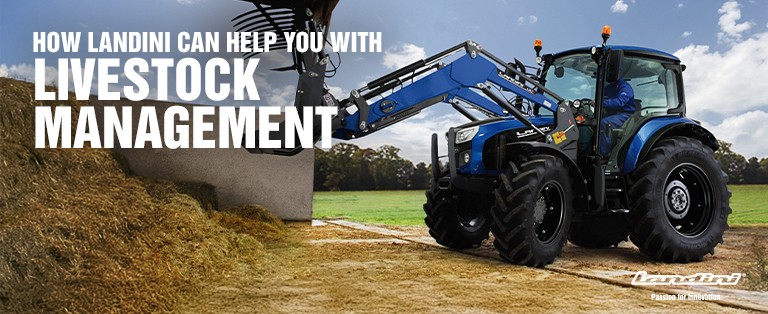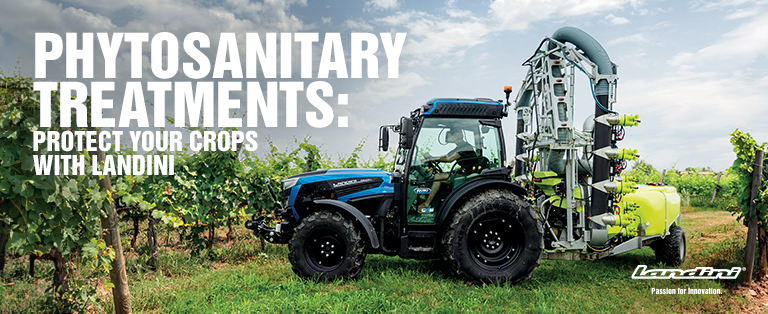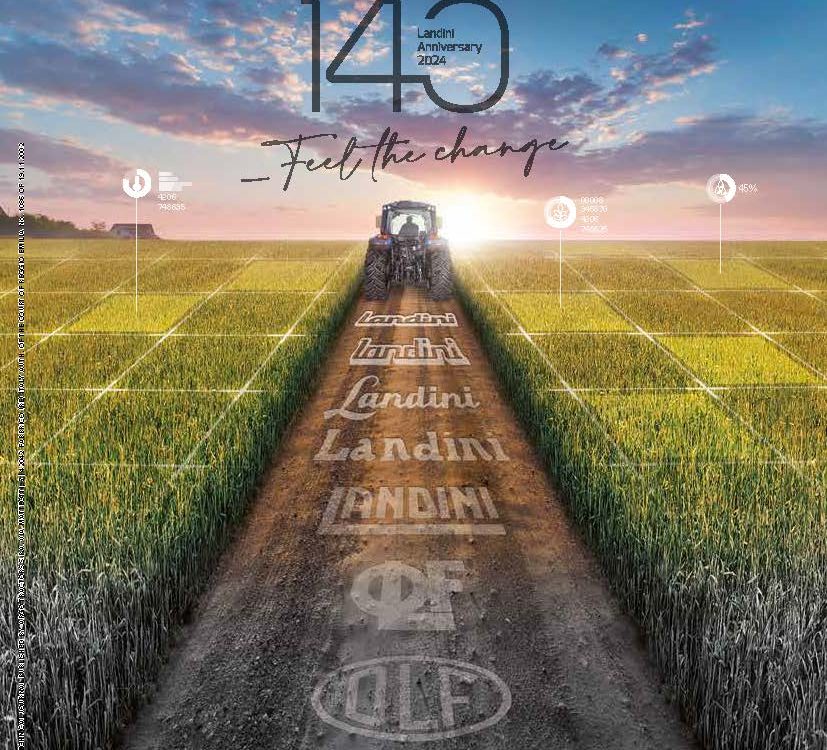Sustainable agriculture: what it is and why we need to know

We often hear about sustainable agriculture, a very fashionable subject, yet there is some confusion surrounding its meaning. What does sustainable agriculture actually mean? We are all clear that this subject is about ecology, as well as some ethical issues, but we would find it hard to give an accurate definition or explain in detail what action we can take to start practising it.
Moreover, it is not always clear what the difference is between sustainable agriculture and organic farming, or also biodynamic farming and many other farming practices that have become established in recent years. Let us explore this very important and topical subject in more detail.
What is sustainable agriculture?
Sustainable agriculture is farming practice based on certain fundamental principles, namely:
- ecological considerations: it must respect the ecosystem
- economic considerations: it must adopt sustainable production models
- social considerations: it must promote the well-being of farmers and society
According to one of the most widespread definitions, sustainable agriculture is an agricultural production system that takes into account both present and future needs. As a matter of fact, one of its main concerns is not to damage natural resources for immediate gains, triggering mechanisms that are bound to become unsustainable for future generations.
Hence, the aim is to develop farming practices capable of making rational use of resources, ensuring the protection of biodiversity and limiting the use of chemicals as pesticides that can harm human health and the environment. Protecting the environment, water, soil and air becomes an integral part of this development process.
How do you practice sustainable agriculture?
Sustainable agriculture is a comprehensive approach, that in practice can be applied in many different ways. There is no single rule.
There are many solutions that are specific to each place and each farm, because first and foremost sustainable agriculture is about diversification to meet different needs in different contexts.
However, while it is true that there are no specific rules, it is also true that some commonly acknowledged principles have become established over the years for farms, large or small, to make their production sustainable.
In 2015, Greenpeace published a report listing 7 principles to make farming practices more balanced and more considerate of the environment and people:
- Food sovereignty, so that producers and consumers win back control over the food chain, which is often in the hands of multinationals
- Support for farmers and rural communities to help defeat hunger and poverty through healthy, safe and economically sustainable food consumption
- Smarter food production and consumption, reducing food waste, making more efficient use of resources and improving access to food in the poorest areas of the world
- Biodiversity, to promote variety and diversity, which are sometimes sacrificed in favour of large monoculture crop productions
- Healthy soil and clean water, with activities that improve soil fertility in a natural manner, without using substances that risk damaging the soil and water resources
- A sustainable pest control system that does away with expensive chemical pesticides that risk compromising soil quality and the environment
- Resilient food systems capable of responding to the many changes occurring both in the climate and the economy.
Other organisations have put forward proposals in this regard. In 2018, FAO presented 20 actions for sustainable agricultural development. These points partly duplicate the Greenpeace guidelines, but also introduce some new ideas, including support for producer training, incentives for recycling, policies to improve diet and food consumption, initiatives to handle crisis periods and investment in innovation.
With regard to innovation, noteworthy are the new precision farming technologies that actually help farmers optimise resources and consumption and limit the impact on the environment. This results in fuel savings, less soil compaction, and eliminates the waste of fertilisers and herbicides.
This is why we at Landini always endeavour to identify the most advanced solutions to meet the new needs of farmers.
Learn more about the new technologies available to you:



